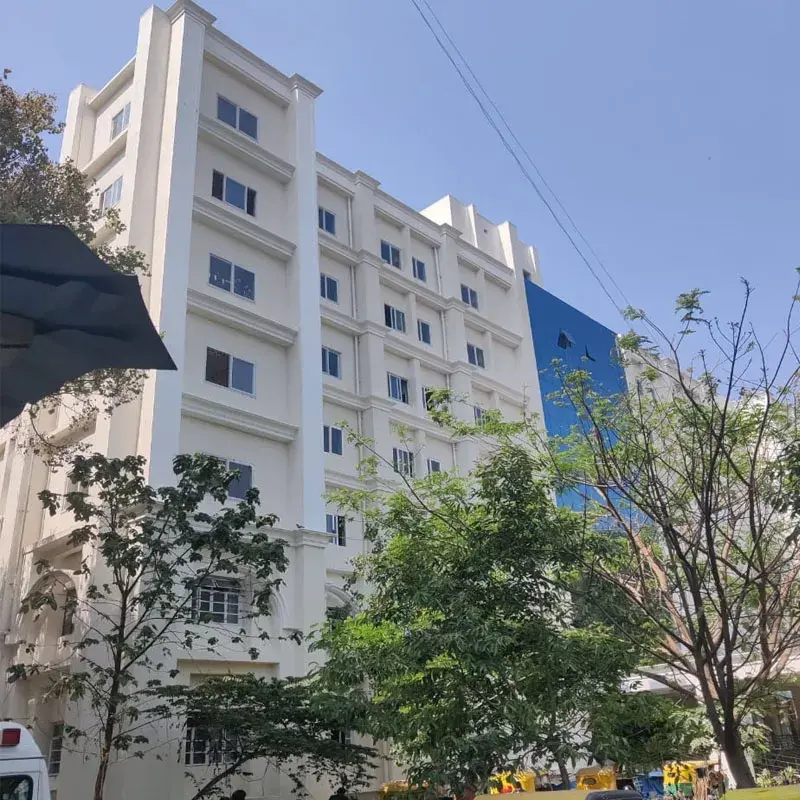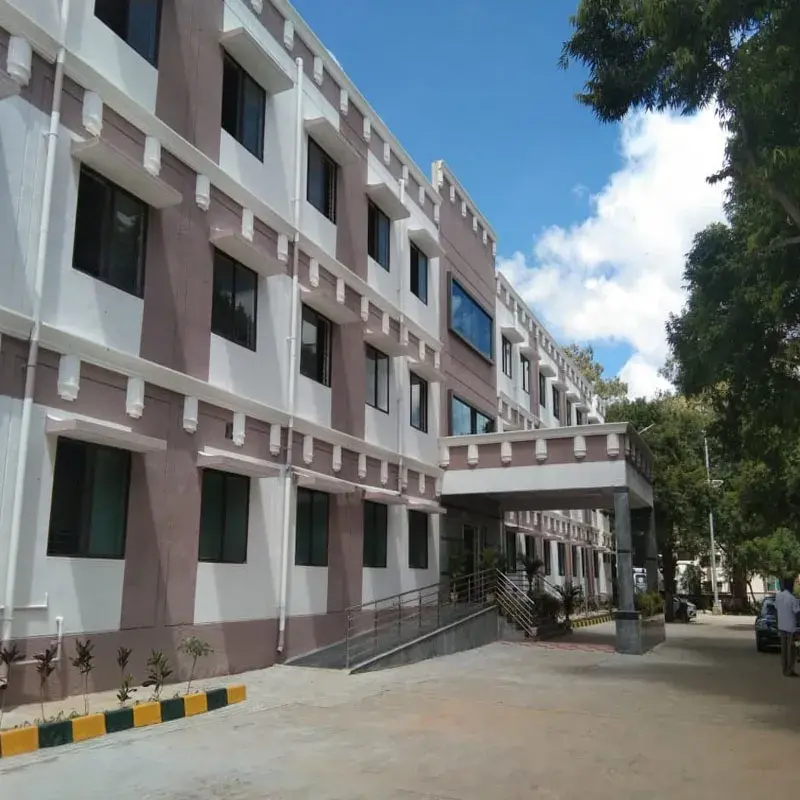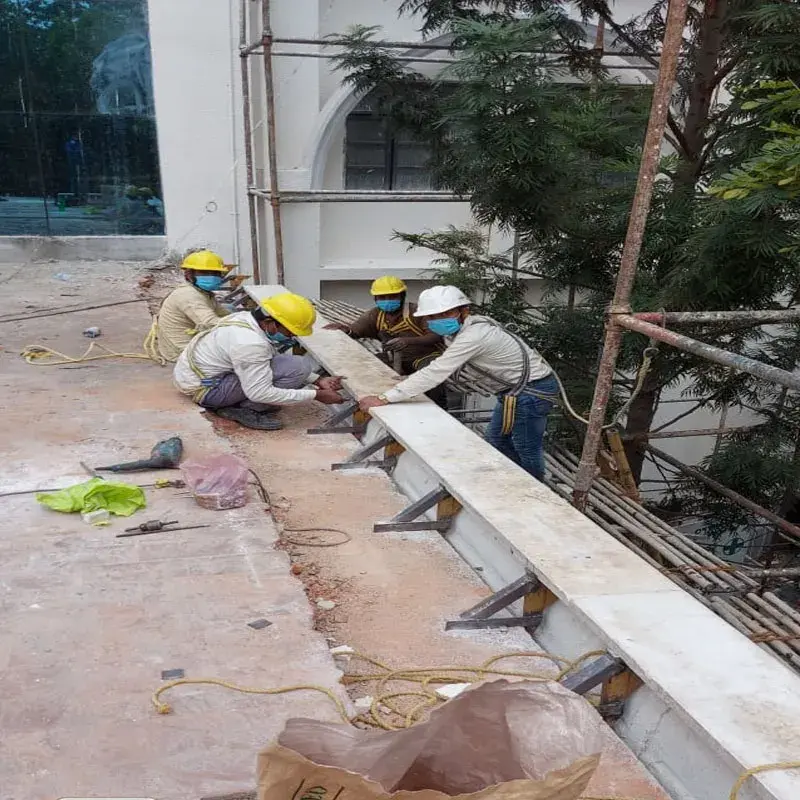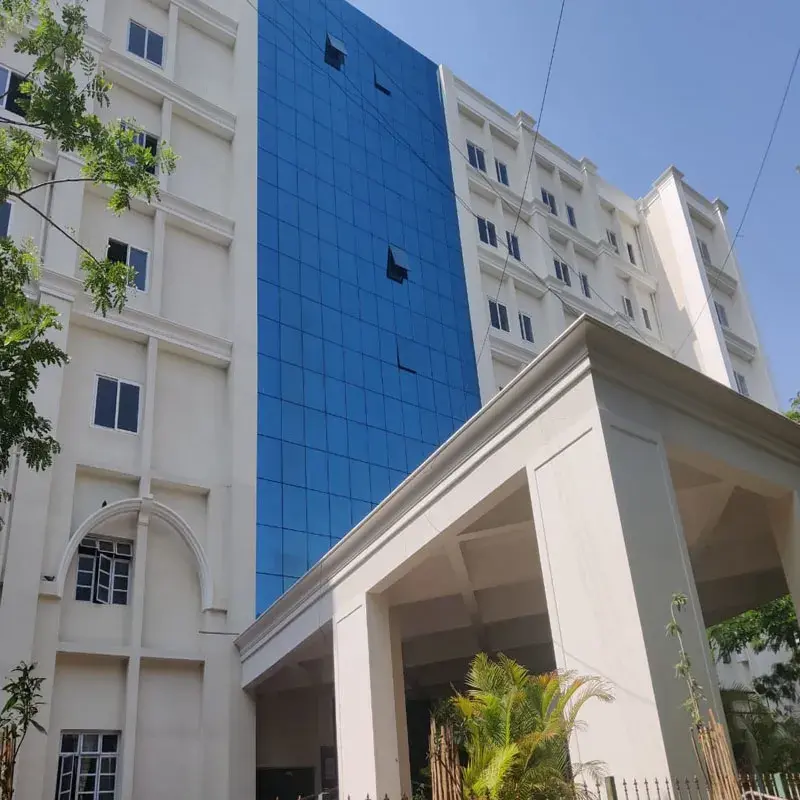




A glass fiber reinforced concrete (GFRC) cornice is a architectural element used in building construction. Cornices are decorative and functional projections that are often located at the intersection of a building's walls and roof. They serve to provide protection against weather elements while also adding aesthetic appeal to the structure.
GFRC is a composite material that combines cement, fine aggregates, water, polymers, and glass fibers. The inclusion of glass fibers in concrete significantly improves its tensile strength and flexibility, making it suitable for creating intricate and detailed architectural elements like cornices. GFRC offers several advantages over traditional concrete, such as reduced weight, increased durability, and the ability to be molded into complex shapes.
Here's a general overview of the process of creating a GFRC cornice:
Design and Mold Preparation: The design of the cornice is established, taking into account the architectural style and specifications of the building. A mold is created based on the design, which will be used to shape the GFRC mixture.
Mixing the GFRC: The GFRC mixture is prepared by combining cement, fine aggregates (such as sand), water, polymer additives, and glass fibers. The glass fibers are typically added to the mixture to provide reinforcement and prevent cracking.
Spraying or Casting: The GFRC mixture is either sprayed or cast into the prepared mold. Spraying is a common technique as it helps to evenly distribute the mixture and ensure a consistent layer of material. The mold may be made in multiple sections to create the desired shape and detailing.
Curing: The GFRC cornice is allowed to cure and harden within the mold. The curing process may involve temperature and humidity control to ensure proper strength development.
Demolding and Finishing: Once the GFRC has sufficiently cured, the cornice is carefully demolded from the mold. Finishing touches, such as surface smoothing, detailing, and painting, can be applied to enhance the appearance of the cornice.
Installation: The finished GFRC cornice is transported to the construction site and securely installed onto the building's facade. Proper installation techniques and fasteners are used to ensure the cornice is safely attached to the building.
GFRC cornices offer versatility in design and can replicate the look of traditional architectural elements while providing the benefits of modern materials. They are used to add a touch of elegance and sophistication to buildings, enhancing their visual appeal and architectural character.